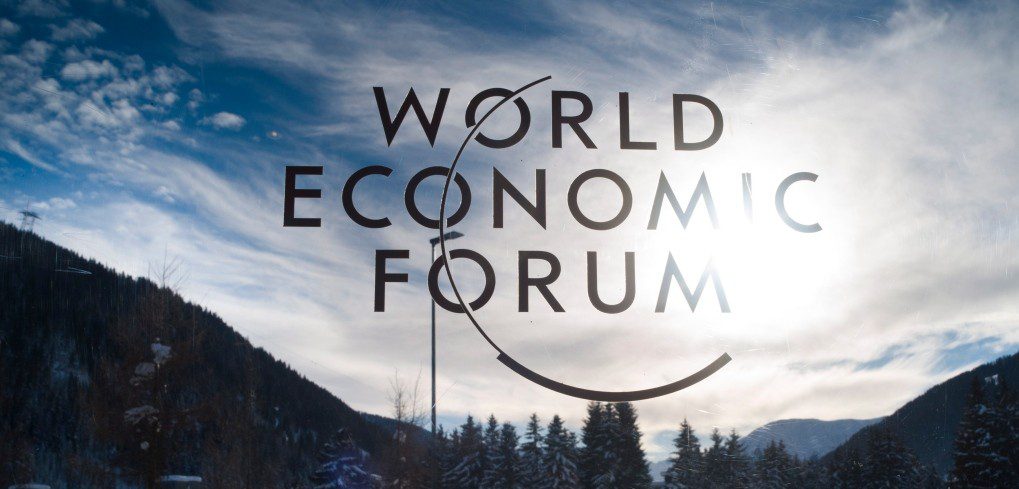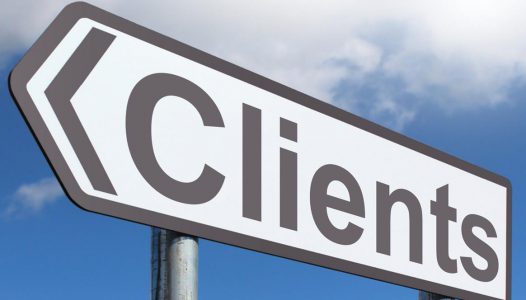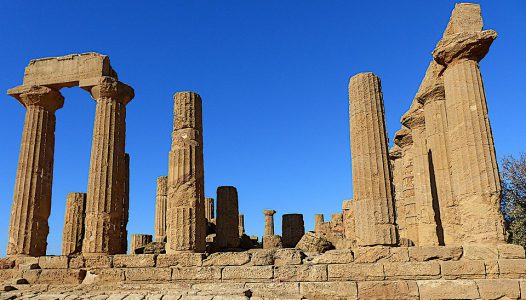by Geert Vermeulen
Often ethics & compliance officers only end up in the news when things have gone wrong. Many people don’t realise that ethics & compliance officers also prevent numerous crimes and unethical practices, sometimes at the risk of being fired or by risking our health or even our lives. Usually you don’t hear about these cases. I think that we should be more proud of our profession and inform a broader audience what we do to reduce risk and stimulate better business. The final part in this series of “WOW Moments in Compliance,” will be about the World Economic Forum in Davos. The first two parts covered due diligence in the aviation industry and due diligence in the energy industry. The third part was about change of strategy and the fourth part was about ‘those wonderful Greeks.’
Two years ago, I suddenly got an invitation to attend a session at the World Economic Forum in Davos. At first I thought it was a phishing email, so I deleted the message. But as it had also triggered my curiosity, I took another look, removed it from the deleted items folder and discovered that it was a real invitation. The session I was invited to, was titled “The Business Case for Openness” and the invitation mentioned my thought leadership in this area. I have to admit that I was flattered, even though I wasn’t sure what I had done that would make me a thought leader in this field. But as I don’t get invited to Davos that often, I decided to go there and have a look. Perhaps this was a once-in-a-lifetime opportunity.
Unfortunately, the organisation wouldn’t cover my travel and lodging expenses, so I had to arrange that myself. Lodging in Davos during the World Economic Forum is terribly expensive and way out of my financial reach. There was no night train available, so I decided to drive to Switzerland the day before the event (some 1.000 kilometers) and book a hotel at another mountain village some 50 kilometers away from Davos. When I drove to Switzerland I thought it was probably a good idea to pick up my conference admission badge and car park allowance in Davos first and then go to my hotel.
Unfortunately, when I drove up the mountain to Davos after a long day of driving, there was unexpected heavy snowfall. I had to put the snow chains, that I just bought, around the tires of my car for the first time in my life and realised that I should have practiced that a bit better. When I finally succeeded to fasten the chains, my trousers, shoes and jacket were soaking wet. I continued the journey but almost immediately ended up in a huge traffic jam. For hours we stood still on the road up the mountain. It just continued snowing and it turned dark; the night fell.
Then I got a call from the hotel. Due to the heavy snowfall, most roads in the area were blocked for traffic and it was no longer possible to get to the hotel that I had booked. What to do now? While I was wondering how to spend the night in the car while not freezing to death, the hotel called me again. They felt sorry for me, had explored a couple other options and finally found something. The wife of the hotel manager had called a colleague of hers who rented a house in the city of Davos. She was prepared to have me sleep on her couch. How wonderful! And right about that time, the cars also started moving slowly again.
So, I got to Davos and went to obtain my conference badge. Standing in the queue for the badge, I could not escape the notion that I saw some familiar faces. Perhaps they were politicians, captains of industry or celebrities? When you see them on tv there are usually subtitles or hosts who introduce them, but now I couldn’t really tell. Or was that Shakira over there? Do famous people have to stand in line as well? Anyway, I finally got my badge, managed to drive to the house of the angel who saved me and arrived at her doorstep around 11.30 pm. We had a couple drinks, a nice conversation and finally I went to sleep on the couch.
The next morning, I got up around 5.00 am to walk to the gathering. Before the session there was a breakfast meeting where I happened to be sitting next to the CFO of PepsiCo. He asked what I was doing for a living and before I knew it, we were having a conversation about bitcoin (my prediction two years ago: either it will become marginal or it will be regulated) and then it was time for the debate. During the session I finally understood why I was invited. Not a moment too soon. The Boston Consulting Group (BCG) presented their report “Total Societal Impact”. Their research had revealed that, while the effects differ per industry and also per topic, overall there was sufficient evidence to state that ethical companies financially outperform other companies in the long term.
In the ethics & compliance community, we already suspected for a long time that this was the case and we had also gathered bits and pieces of evidence. But apparently it makes a big difference when a company like BCG takes this point of view, based upon empirical evidence. During the session, leaders of PayPal, Microsoft and PepsiCo (indeed, my breakfast companion) discussed what their companies had been doing to achieve environmental, social and governance goals.
Looking back at the session, my impression is that this BCG report, published in November 2017, has been a break-through moment. A little bit later, in January 2018, Larry Fink from BlackRock quoted almost literally from the report in his annual letter to CEO’s when he wrote that “To prosper over time, every company must not only deliver financial performance, but also show how it makes a positive contribution to society.” And he has repeated this message in his annual letter to CEO’s in January 2019. Other major investors started to embrace this as well, like the Norwegian wealth fund, Temasek from Singapore and State Street.
And in August 2019 the US Business Round Table announced in a statement, signed by 181 CEO’s, that they will commit to lead their companies for the benefit of all stakeholders, customers, employees, suppliers, communities and (not only) shareholders. Of course, some people remain skeptical and hold the view that this was largely a PR exercise. I think there is probably an element of truth in that. But I also think that this is one of the next steps on a path where business leaders are becoming more and more conscious that companies need to deliver more than just quarterly financial results to satisfy shareholders.
Later that day I met quite a few interesting people in Davos and had inspiring discussions on varying topics like the ethical aspects around Artificial Intelligence and bioscience/CRISPR CAS9 (ethics and compliance officers should be more prominently present in these discussions!) and space travels. Towards the end of the afternoon I stepped into my car again to drive 1.000 kilometers back home with a head full of thoughts. And back home I gave a five star review of my hotel, even though I had never been there.
Looking back, I think that the BCG report has been one of the vital steps towards the emphasis on ESG (Environmental, Social, Governance) matters by investors at the moment and I am honoured that I was present at this session at the World Economic Forum in Davos. As a former member of the Partnership Against Corruption Initiative, I had been at the WEF in Geneva before, but how many ethics and compliance officers get invited to the summit in Davos? This was a real WOW moment in compliance!
The author, Geert Vermeulen, is a teacher, trainer, consultant and interim ethics & compliance officer. His goal is to help organisations conduct business in an ethical and compliant way. He also writes and speaks on ethics and compliance.






